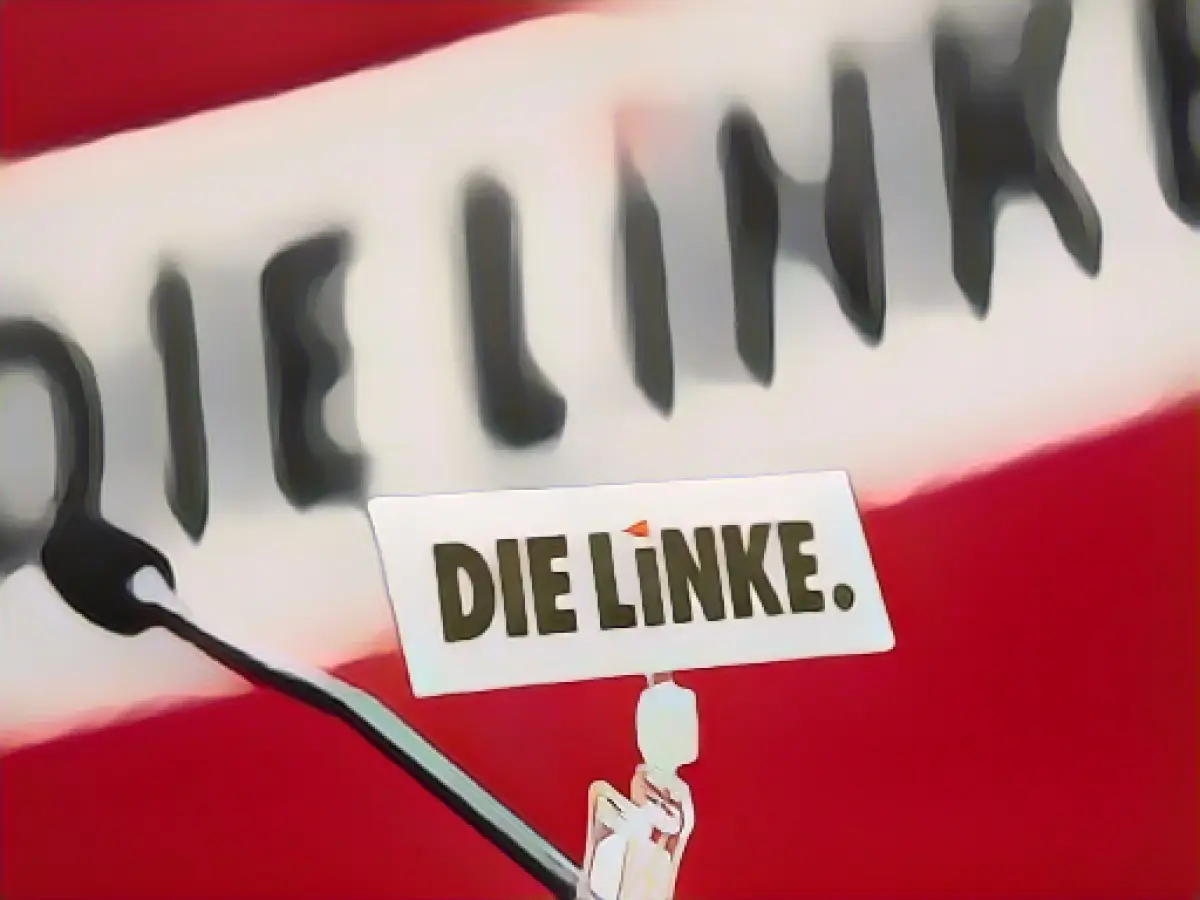Left-wing parliamentary group in the Bundestag wants to decide its own end
Left-wing parliamentary group leader Dietmar Bartsch sees the upcoming dissolution of the parliamentary group in the Bundestag as an opportunity for a new beginning after long disputes. "It's the end of the parliamentary group, but it's a chance for a new start," Bartsch said on ZDF's Morgenmagazin. The "paralyzing self-preoccupation" must be over. "It's up to us whether we really manage to do politics, politics and more politics, or whether there will continue to be arguments."
The left-wing parliamentary group in the Bundestag wants to decide on its dissolution this Tuesday and set a date for it. The background to this is the resignation of MP Sahra Wagenknecht and nine other MPs from the Left Party. Without them, the Left Party will lose its minimum size.
Left party co-governs in three federal states
"Today is certainly not a day to rejoice," said Bartsch. However, he emphasized that the Left Party does not only consist of the parliamentary group in the Bundestag - the party is in government in three federal states and has a prime minister. "But it's up to us whether we can really achieve a new beginning."
Two new parliamentary groups are now expected to emerge: the remaining 28 Left Party MPs on the one hand and Wagenknecht and her supporters on the other. Compared to a parliamentary group, a group has fewer parliamentary rights and also receives less financial support from the state coffers. The groups need the support of the other parliamentary groups in the Council of Elders and in plenary to be recognized.
Dissolution during the current legislature
"It is of course a cut and the possibilities are diminishing," said Bartsch. He announced that he would do everything he could "to ensure that we are recognized as quickly as possible and that we carry out our task". He recalled the time when the Linke's predecessor party, the PDS, was a group in the Bundestag. "But we managed to emerge from the group to become a parliamentary group again. And that is the challenge."
The fact that a parliamentary group dissolves during the current legislative period is new. Such "liquidations" have previously only occurred after election defeats: in 2013, the FDP parliamentary group in the Bundestag was liquidated when it failed to reach the five percent threshold. In 2002, the PDS, the predecessor of the Left Party, went through such a procedure once before. At that time, only two direct candidates made it into the Bundestag.
Liquidation can take years
Because staff, premises and contracts have to be terminated, liquidation can take years. The formation of new groups can begin before then.
The Left Party parliamentary group received around 11.5 million euros in state funding in 2022, according to a briefing by Bundestag President Bärbel Bas (SPD) in September. Personnel expenses for parliamentary group employees are reported at around 9.3 million euros. The parliamentary group must now give notice to all 108 employees. Some of them could find a new job with the two new groups.
The left-wing parliamentary faction in the Bundestag will deliberate on its dissolution this Tuesday and set a date for it, following the resignation of MP Sahra Wagenknecht and nine other Left Party MPs. Despite this, Bartsch emphasized that the Left Party is more than just its Bundestag faction, as it co-governs in three federal states with a prime minister.
Source: www.dpa.com








